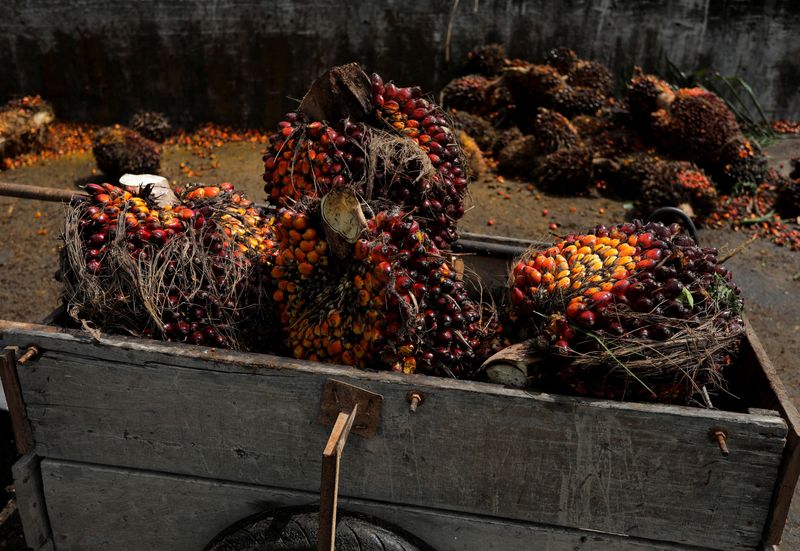KUALA LUMPUR (Reuters) -Malaysia said on Wednesday it will closely monitor how the EU responds to a WTO ruling that supported the bloc's stance that biofuels causing deforestation cannot be regarded as renewables, but sought changes in how it implemented that decision.
A World Trade Organization adjudicating panel, in its first ruling related to deforestation, on Tuesday rejected many of Malaysia's claims against EU measures that led it to rule out palm oil-based biofuel as a renewable fuel.
However, the panel accepted Malaysia's complaints over how the measures had been prepared, published and administered. The EU will need to make adjustments, but need not withdraw its measures, following the WTO ruling.
The European Commission said it welcomed that the WTO panel report allowed the EU to preserve its legal framework on renewable energy and biofuels broadly intact, and confirmed it had the right to take action to tackle greenhouse gas emissions.
It said it was analysing the report but believed it would need to issue a report on the most recent scientific data to determine whether crops have a high risk of contributing to deforestation, and amend an act to change certain criteria for certification for crops of low risk.
It would do so in the coming months.
The Malaysian government will monitor any changes to the EU's regulations to bring it into line with the WTO's findings and pursue compliance proceedings if necessary, Plantations and Commodities Minister Johari Abdul Ghani said in a statement on Wednesday.
Malaysia, the world's second largest producer of palm oil, has described the EU's renewable energy directive as discriminatory, and in 2021 asked the WTO to examine the rules restricting the bloc's use of palm oil-based biofuels.
Under the regulations, palm oil-based fuels can no longer be considered as renewable transport fuel and are to be phased out by 2030, as the EU has determined that palm oil cultivation leads to excessive deforestation.

Johari said the WTO report found fault with the EU's rules on indirect land use change to ban palm oil biofuels, and with the bloc's approach to notifying and consulting with other economies when introducing new trade measures.
"This ruling from the WTO demonstrates that Malaysia's claims of discrimination are indeed justified," he said, adding that the government would continue to defend the interests of palm oil biofuels industry players against trade barriers.